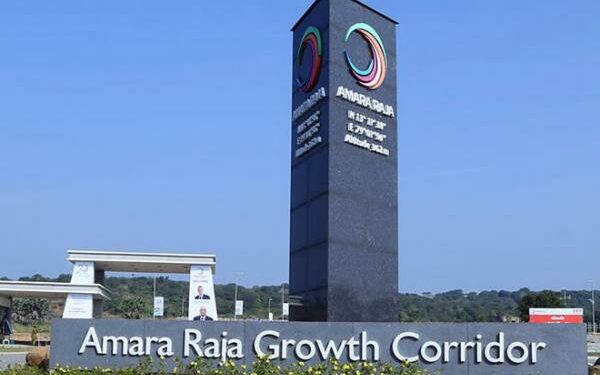Lead battery firm Amara Raja Batteries has opened India’s first technology hub to develop lithium-ion cells, at its Tirupati facility in Andhra Pradesh. Most of India’s electric vehicle (EV) makers import cells from China.
The advanced lithium-ion technology research hub— the pilot project located at its headquarters in Tirupati— will become the country’s first lithium-ion cell manufacturing facility in the private sector over the next few years, Amara Raja Batteries CEO, Samudrala Vijayanand, told Press Trust of India.
Despite pushing lithium-ion cell development, Vijayanand feels lead-acid batteries will continue to grow for at least a few more decades and that lithium cells used in electric vehicles will take time to get commercial traction.
Electric mobility will be led by two- and three-wheelers to begin with in India, primarily because of the higher cost of ownership for four-wheeler EVs, he said.
Vijayanand expects that by 2025, the penetration of two-and three-wheelers will touch 20-25% in the country. The numbers are skewed towards three-wheelers as they are commercially more viable and such a level of penetration can give the critical mass for EV adoption.
The second phase will see the EV industry and its attendant ecosystem maturing, with passenger vehicles and commercial vehicles going electric, and this should happen during 2025-30. “As I see it, private four-wheeler adoption should begin by 2025-27,” said Vijayanand.
In January 2019, Amara Raja entered into a technology transfer agreement with the Indian Space Research Organisation (ISRO).
Under the technology transfer, ISRO will help these companies set up lithium-ion cell manufacturing units and train their staff.
Subsidies to boost development
Vijayanand also said EV development in general, and lithium-ion batteries in particular, should get a boost with government subsidies under the local production-linked incentive scheme announced last November.
The PLI scheme has earmarked Rs 18,000 crore ($2.5 billion) towards the advanced cell chemistry, which aims to bring at least 50GW of lithium-ion batteries to the market.
On the raw material availability to enable local manufacturing of lithium cells, Vijayanand said more than two-thirds of them are domestically available, only critical minerals have to be imported. For the supply of these minerals, the government is already in talks with Latin American countries and Australia.












